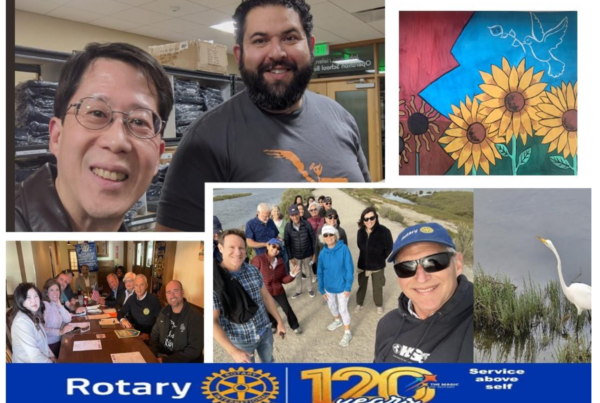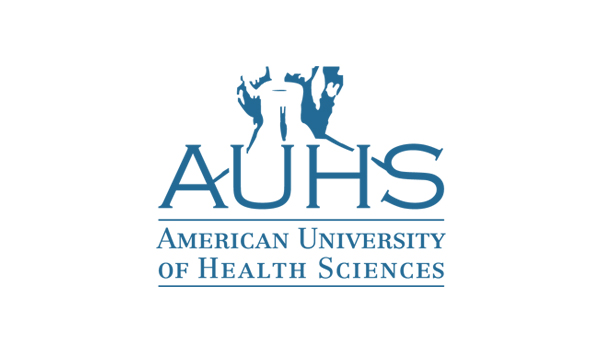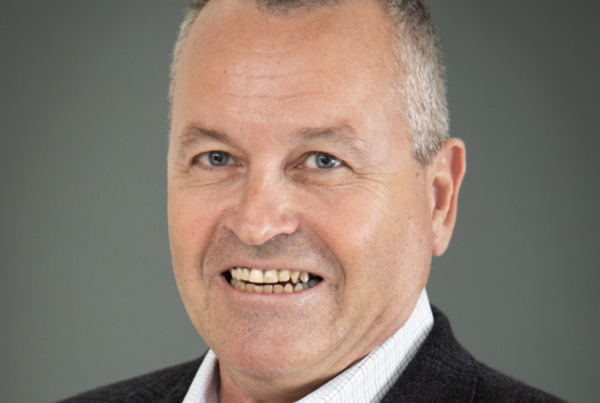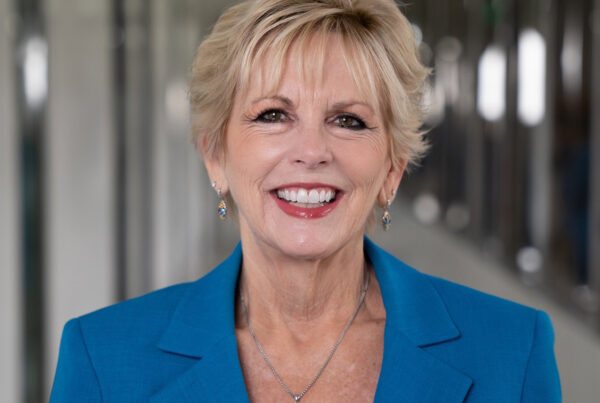Diversity and Inclusion in Healthcare
By Taha Shaltu, PharmD Candidate, Class of 2026
[Editor’s note: this was a winning essay for the Walgreens Diversity Scholarship Award]
Diversity and inclusion in healthcare are crucial components for providing appropriate and optimal care to patients of different cultures. Diversity encompasses differences in race, ethnicity, gender, sexual orientation, religion, language, socioeconomic status, and more. Inclusion involves creating an environment where these differences are respected, valued, and integrated into all aspects of care delivery. To me, diversity and inclusion mean recognizing and embracing the unique backgrounds and needs of every individual, regardless of their cultural background. In providing care to patients from diverse cultures, understanding fundamental cultural ideas, language, and religious beliefs is essential. Making assumptions about patients based on their culture can lead to misunderstandings and suboptimal care. Building trust through respectful communication and actively listening to patients’ concerns fosters a therapeutic relationship that is essential for effective care delivery. Moreover, educating patients about medications and treatment options in a culturally sensitive manner ensures that they are informed and empowered to participate in their healthcare decisions. Demonstrating a commitment to diversity and inclusion on campus can take various forms. This may include participating in multicultural events, advocating for inclusive policies, and actively engaging with diverse student groups. By promoting dialogue and understanding among peers, we can create a more inclusive environment that celebrates diversity and values the contributions of individuals from all backgrounds.
Representing an underrepresented group in pharmacy positively impacts the profession, the community, and patient care in several ways. First, diversity in the pharmacy profession promotes innovation and creativity by bringing together individuals with different perspectives and experiences. This diversity of thought enables pharmacists to develop more effective strategies for addressing the unique healthcare needs of diverse patient populations. Additionally, pharmacists from underrepresented groups serve as role models and mentors for aspiring healthcare professionals who may identify with similar backgrounds. By increasing representation within the profession, we inspire future generations to pursue careers in pharmacy, thereby fostering greater diversity in healthcare overall. From a community perspective, pharmacists who reflect the diversity of the population they serve are better equipped to understand and address the cultural and linguistic barriers that may affect patient care. This leads to improved patient satisfaction, adherence to treatment plans, and health outcomes. embracing diversity and inclusion in pharmacy practice enhances the quality of care provided to patients from different cultural backgrounds. By valuing and respecting the unique perspectives and experiences of individuals, we can create a more equitable and patient-centered healthcare system.
In addition to English, I am fluent in Afaan Oromo, Amharic, and Swahili, stemming from my upbringing in Ethiopia. This multilingual proficiency significantly enhances my capacity as a pharmacist, enriching communication and fostering deeper connections with diverse patient demographics.
The ability to converse fluently in multiple languages transcends mere linguistic proficiency; it embodies cultural competence and empathy, essential components in delivering patient-centered care. In a profession where effective communication is paramount, my linguistic versatility enables me to bridge linguistic and cultural gaps, thereby facilitating clearer comprehension of medical instructions, medication regimens, and health education materials.
Moreover, my proficiency in Afaan Oromo, Amharic, and Swahili empowers me to cultivate trust and rapport with patients from Ethiopian and Swahili-speaking communities, fostering a sense of inclusivity and reassurance in healthcare settings. This inclusivity not only enhances patient satisfaction but also contributes to improved health outcomes by ensuring patients feel understood, respected, and supported throughout their healthcare journey.
In a broader context, my linguistic skills serve as a conduit for promoting health literacy and public health initiatives within ethnically diverse communities. By disseminating vital health information in languages accessible to various cultural groups, I actively participate in mitigating healthcare disparities and advancing health equity.
In essence, my fluency in multiple languages serves as a cornerstone in delivering comprehensive pharmaceutical care, fostering cultural competency, and nurturing a healthcare environment that prioritizes patient well-being, inclusivity, and empowerment.














